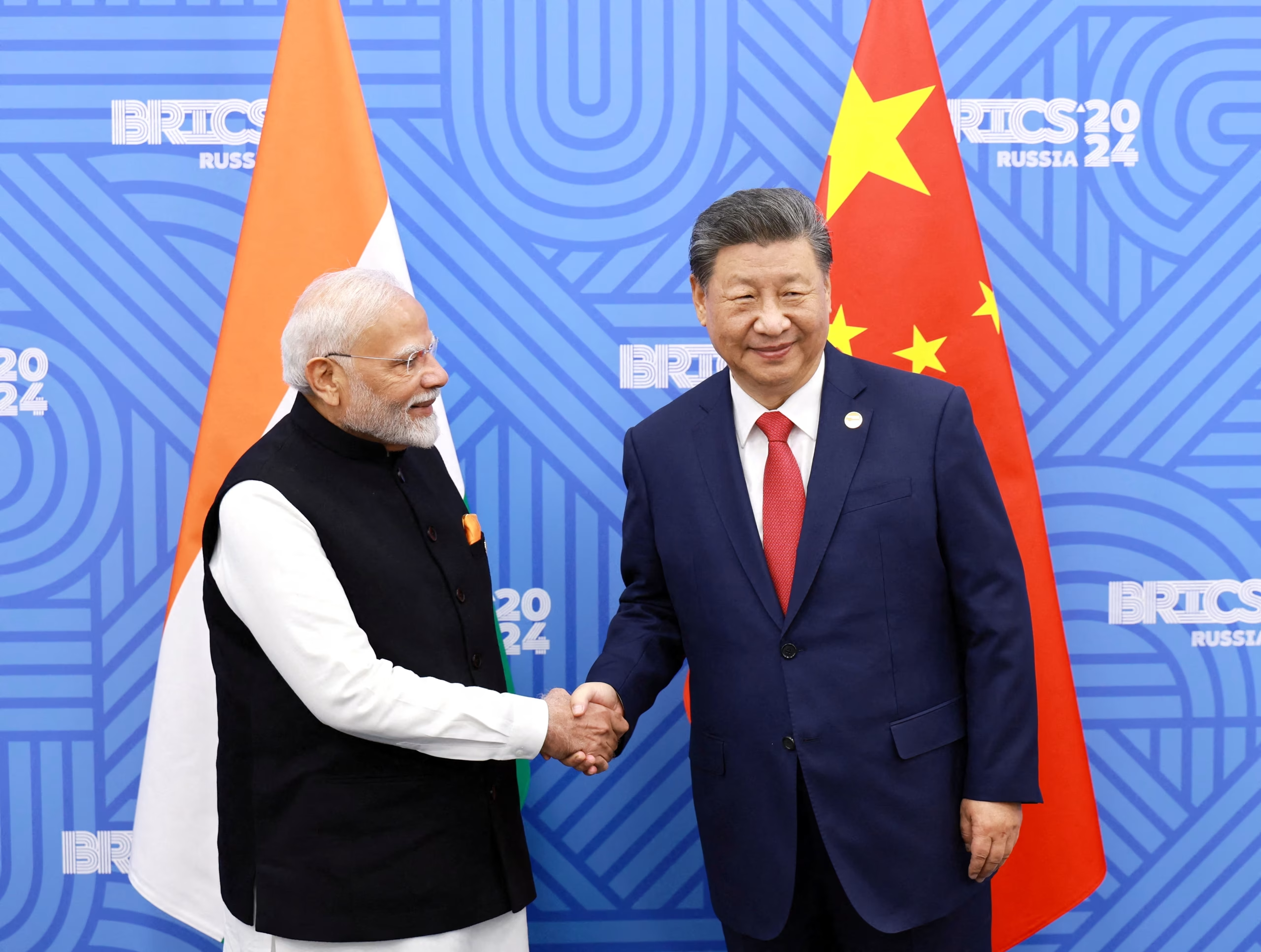
Israeli officials are insisting on maintaining a capacity to strike Lebanon at any moment as part of conditions to secure a ceasefire with Iran-backed Hezbollah, France’s Foreign Minister said yesterday.
Speaking at a parliamentary hearing after holding talks last week in Jerusalem, Jean-Noel Barrot said it was a condition increasingly voiced among Israeli officials.
“Today we hear in Israel voices calling for it to keep a capacity to strike at any moment or even enter Lebanon, as is the case with its neighbour Syria,” said Barrot, who held talks with Israeli Minister of Strategic Affairs Ron Dermer and new Defence Minister Israel Katz last week.
“That is not compatible with the sovereignty of a strong country,” Barrot said, referring to broader efforts to help strengthen Lebanon’s governance.
Israel wants freedom to strike Lebanon
Several diplomats said that it would be all but impossible to get Hezbollah or Lebanon to accept any proposal that included this demand.There was no immediate comment from Israel on the remarks. Its Defence Minister, Israel Katz, said earlier: “We will not allow any arrangement that does not include the achievement of the war’s objectives – and above all Israel’s right to enforce and act on its own against any terrorist activity.”
France, which has historical ties with Lebanon, has sought to play a role in trying to secure a ceasefire in the Middle Eastern country.
It has worked with the United States to try to implement a temporary ceasefire, but those talks stalled at the end of September.
Coordination between Paris and the outgoing US administration to get a ceasefire has been more complicated since, with US envoy Amos Hochstein focused on his own proposals.
Barrot said it made no sense for France to lead initiatives by itself on Lebanon given it needed the United States to convince Israel, just like it was not helpful for Washington to go it alone because it would “lack a fine appreciation of Lebanon’s internal political dynamics,” he said.
A close aide to Prime Minister Benjamin Netanyahu told Donald Trump and Jared Kushner this week that Israel is rushing to advance a cease-fire deal in Lebanon, according to three current and former Israeli officials briefed on the meeting, with the aim of delivering an early foreign policy win to the president-elect.
Ron Dermer, Netanyahu’s minister of strategic affairs, made Mar-a-Lago the first stop on his U.S. tour Sunday before traveling to the White House to update Biden administration officials on the state of Lebanon talks, a sign of how swiftly America’s political center of gravity has shifted after Trump’s electoral victory.
“There is an understanding that Israel would gift something to Trump … that in January there will be an understanding about Lebanon,” an official said. Like others in this article, the official spoke to The Washington Post on the condition of anonymity to discuss sensitive conversations.Speaking to a parliamentary hearing after holding talks in Israel last week in Jerusalem, Jean-Noel Barrot said it was a condition increasingly voiced among Israeli officials.
“Today we hear in Israel voices calling for it to keep a capacity to strike at any moment or even enter Lebanon, as is the case with its neighbour Syria,” said Barrot, who held talks with Israeli Minister of Strategic Affairs Ron Dermer and new Defense Minister Katz last week.
“That is not compatible with the sovereignty of a strong country,” said Barrot, referring to broader efforts to help strengthen Lebanon’s governance.
Several diplomats said that it would be all but impossible to get Hezbollah or Lebanon to accept any proposal that included this demand.
There was no immediate comment from Israel on the remarks. Katz said earlier: “We will not allow any arrangement that does not include the achievement of the war’s objectives — and above all Israel’s right to enforce and act on its own against any terrorist activity.
Source: SABC
In other news – Beyoncé becomes study topic at top university
Beyoncé has become the focus of academic study at one of the world’s leading universities. The course explores her influence on music, culture, and social issues, highlighting her as a significant cultural figure who blends entertainment with profound socio-political commentary.
This development showcases Beyoncé’s powerful role in pushing forward discussions on race, gender, and identity in contemporary society. Her work, celebrated for its artistic innovation and resonance with real-world issues, is now formally recognized as a vital part of cultural discourse in higher education. Read more












